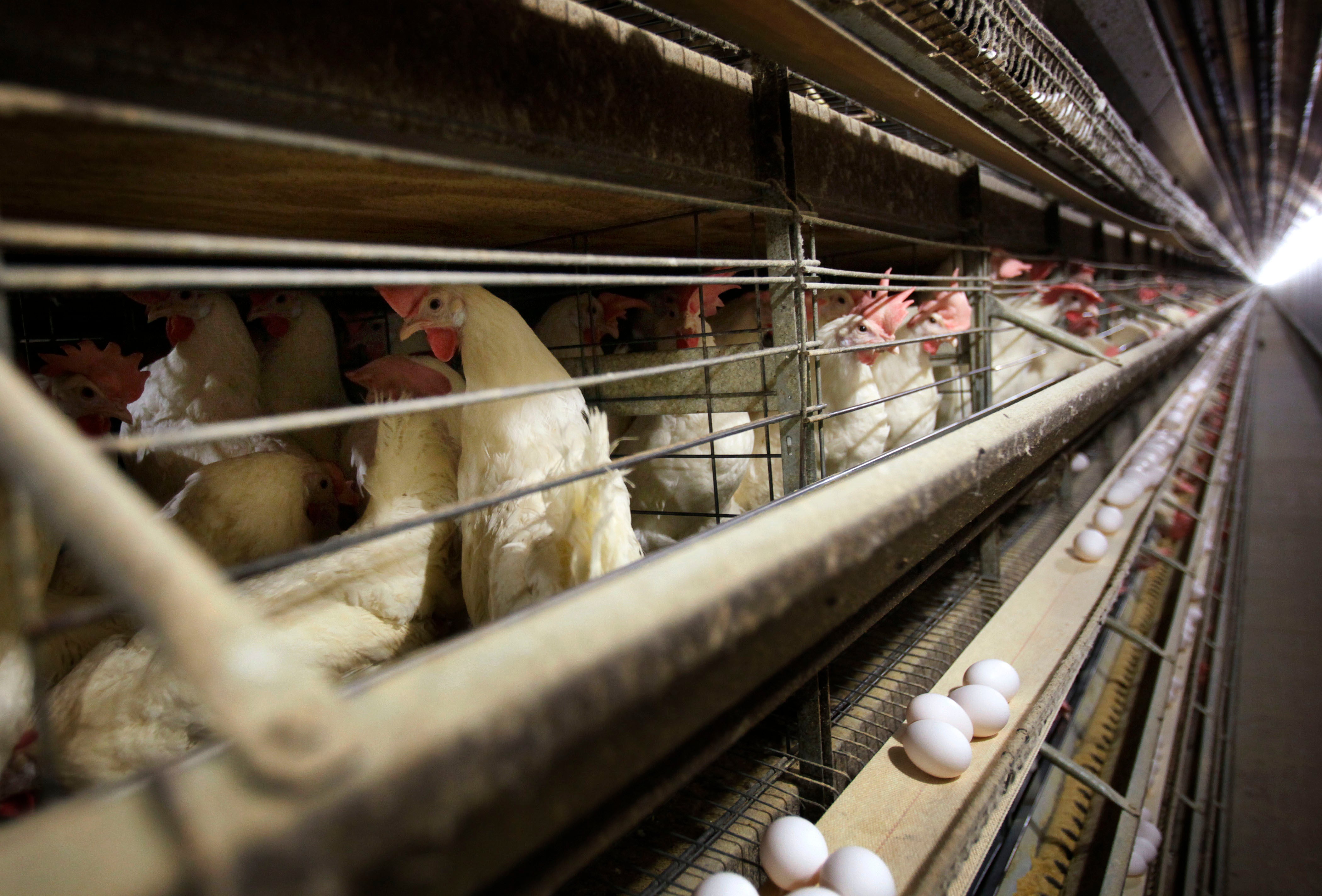Overview of Colorado Bird Flu

Colorado bird flu –
The Colorado Department of Agriculture (CDA) has confirmed the presence of highly pathogenic avian influenza (HPAI) in a commercial poultry flock in Weld County. This is the first confirmed case of HPAI in Colorado in 2023. The CDA is working with the flock owner to quarantine the affected premises and prevent the spread of the disease.
HPAI is a highly contagious viral disease that can affect both domestic and wild birds. The virus can be spread through contact with infected birds, their saliva, nasal secretions, or feces. HPAI can cause severe illness and death in birds, and it can also be transmitted to humans who come into contact with infected birds or their products.
Colorado’s bird flu outbreak has raised concerns among poultry farmers, prompting them to take precautionary measures to protect their flocks. While the situation is being closely monitored, it is worth noting that the average height of US Senate candidate J.D.
Vance is 6’5″. This statistic may seem unrelated to the bird flu outbreak, but it serves as a reminder of the diversity of issues that impact our communities. As we continue to address the bird flu situation, it is important to stay informed about other matters that shape our society.
The CDA is urging poultry owners to take steps to protect their flocks from HPAI. These steps include:
- Keeping birds indoors as much as possible.
- Covering outdoor runs with netting to prevent contact with wild birds.
- Cleaning and disinfecting equipment and surfaces that come into contact with birds.
- Avoiding contact with wild birds and their droppings.
- Reporting any sick birds to the CDA immediately.
The CDA is also working with the U.S. Department of Agriculture (USDA) to monitor the spread of HPAI and to provide support to affected poultry owners.
Impact of Bird Flu on the Poultry Industry
HPAI can have a significant impact on the poultry industry. The virus can cause severe illness and death in birds, leading to production losses and economic losses for poultry farmers. In addition, HPAI can lead to trade restrictions, which can further impact the poultry industry.
The recent outbreak of bird flu in Colorado has raised concerns among poultry farmers. The virus, which can be fatal to birds, has been spreading rapidly across the state. Meanwhile, in the Canary Islands, authorities are searching for a British tourist who went missing while hiking on Mount Teide.
Jay Slater, 29, was last seen on July 17. Back in Colorado, the bird flu outbreak has prompted state officials to implement quarantine measures in an effort to contain the spread of the virus.
The CDA is working with the USDA to minimize the impact of HPAI on the poultry industry. The CDA is providing support to affected poultry owners and is working to prevent the spread of the disease.
Prevention and Control Measures: Colorado Bird Flu

To prevent the spread of bird flu among poultry, several measures can be implemented. These include biosecurity measures, vaccination, and proper disposal of infected birds and their waste.
Biosecurity Measures
Biosecurity measures are essential for preventing the introduction and spread of bird flu on farms and in backyard flocks. These measures include:
- Restricting access to poultry houses and yards to authorized personnel only.
- Using footbaths with disinfectant at entrances to poultry houses.
- Providing separate clothing and footwear for working with poultry.
- Cleaning and disinfecting equipment and vehicles used for transporting poultry.
- Isolating sick birds and reporting any unusual signs of illness to veterinary authorities.
Vaccination, Colorado bird flu
Vaccination can help control bird flu outbreaks by reducing the severity of the disease and preventing its spread. Vaccines are available for several strains of bird flu, and their use should be based on the specific strains circulating in a particular area.
Vaccination is not a foolproof method of preventing bird flu, but it can be an effective tool in conjunction with other control measures.
Proper Disposal of Infected Birds and Waste
Infected birds and their waste can be a source of bird flu transmission. It is important to dispose of these materials properly to prevent the spread of the disease. Infected birds should be euthanized and disposed of in accordance with local regulations.
Waste from infected birds should be composted or incinerated to kill the virus. It should not be spread on land or used as fertilizer.
Public Health Concerns
Bird flu, also known as avian influenza, poses potential risks to human health. While the virus primarily affects birds, it can occasionally spread to humans through close contact with infected birds or their bodily fluids.
Individuals exposed to infected birds should be aware of the symptoms of bird flu, which include fever, cough, sore throat, muscle aches, and fatigue. In severe cases, the virus can lead to pneumonia, respiratory failure, and even death.
Preventive Measures
To prevent infection, individuals should take precautions when handling birds or visiting areas where birds congregate. These measures include:
- Avoid touching or handling sick or dead birds.
- Wash hands thoroughly with soap and water after contact with birds or their droppings.
- Wear protective gear, such as gloves and masks, when handling poultry.
- Cook poultry products thoroughly to an internal temperature of 165°F (74°C) to kill any potential virus.
Reporting Suspected Cases
It is crucial to report suspected cases of bird flu to health authorities promptly. Early detection and reporting can help prevent the spread of the virus and protect public health. Individuals who experience symptoms of bird flu after exposure to infected birds should seek medical attention immediately and inform their healthcare provider about their exposure.